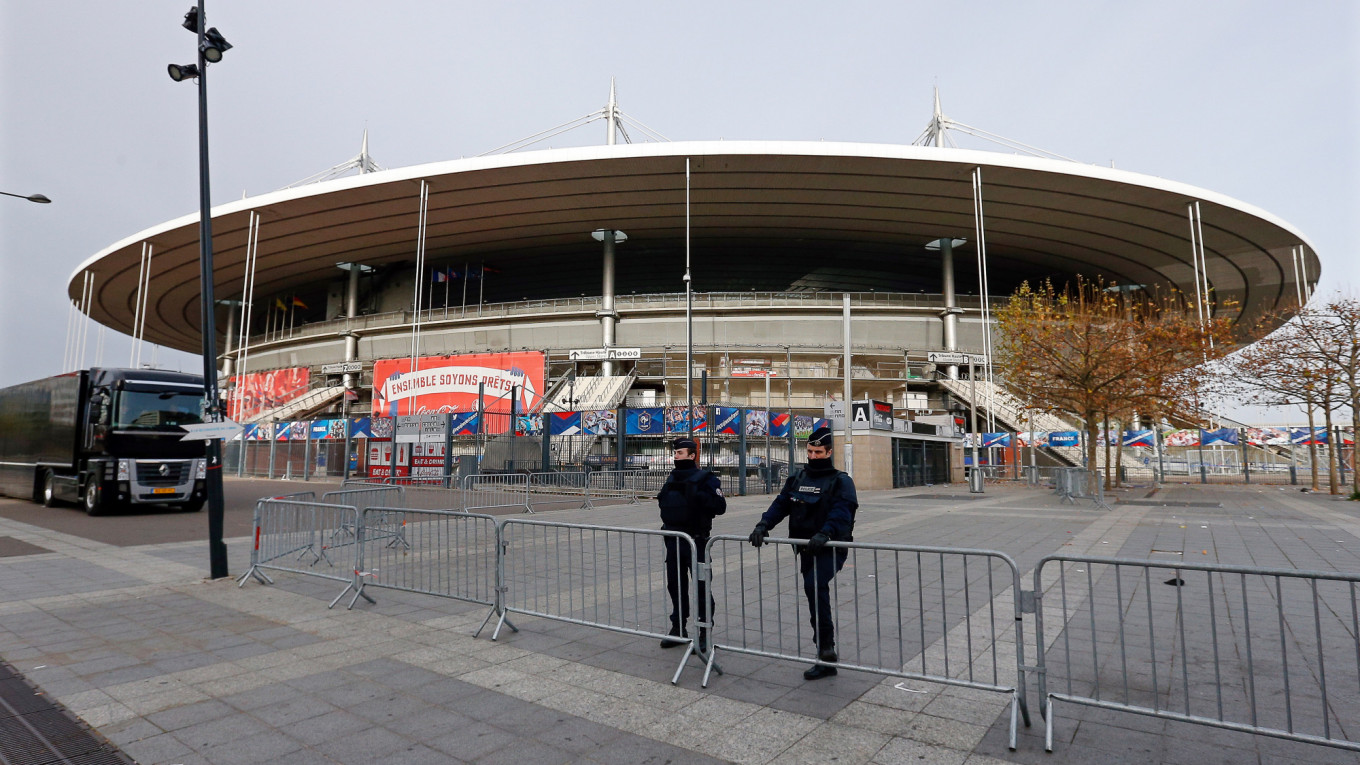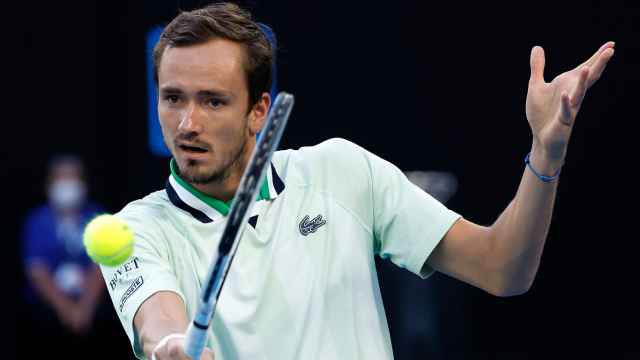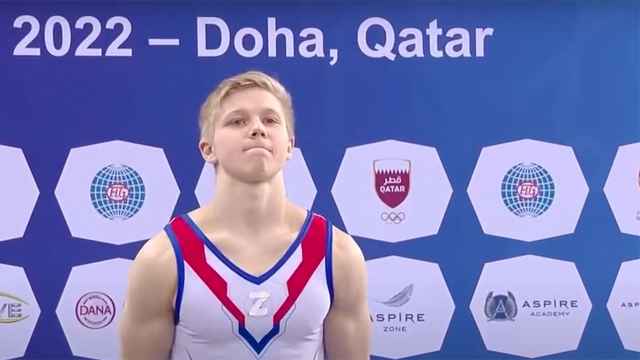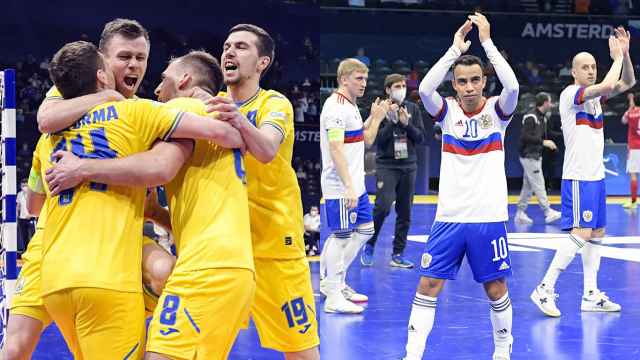'Totally against war'
FIFA did not react to the latest Polish move on Saturday when approached by AFP.
The Swedish government said they were going to try and persuade the other 27 European Union states to impose a blanket sporting ban on Russia for "as long as the invasion of Ukraine lasts."
"The most important thing is that the Russian aggression ceases," said Swedish Sports Minister Anders Ygeman in a statement.
"If the EU decides on a sporting boycott, that will help achieve this target."
The Swedes are proposing a boycott of all competitions being hosted in Russia and further that no Russian athlete can compete in the European Union.
European football's governing body UEFA are believed also to be considering whether to terminate the reported 40 million euros a year sponsorship contract with Russian gas giant Gazprom.
A source told AFP that they would take a decision next week whilst The Times and The Daily Telegraph said the executive committee had instructed their lawyers to launch the process in terminating a relationship that dates back to 2012.
UEFA had already on Friday punished Russia by stripping St. Petersburg of hosting European club football's showpiece event the Champions League final on May 28 — at the Gazprom Arena — and awarded it to Paris.
The International Biathlon Union (IBU) also took action following Friday's call by the International Olympic Committee (IOC) for sports federations to bar the respective national flags of Russia and Belarus being flown at sports events.
"No Russian or Belarusian flags, symbols or national emblems can be displayed at the venue," said the IBU in a statement.
"Instead of the countries' flags, the IBU flag shall be displayed."
Russian and Belarus athletes will still be permitted to compete in the remaining three events but as neutral competitors.
However, Estonia, who host the penultimate event at Otepaeae from March 10-13, have barred Russian and Belarus biathles entering the country.
A Message from The Moscow Times:
Dear readers,
We are facing unprecedented challenges. Russia's Prosecutor General's Office has designated The Moscow Times as an "undesirable" organization, criminalizing our work and putting our staff at risk of prosecution. This follows our earlier unjust labeling as a "foreign agent."
These actions are direct attempts to silence independent journalism in Russia. The authorities claim our work "discredits the decisions of the Russian leadership." We see things differently: we strive to provide accurate, unbiased reporting on Russia.
We, the journalists of The Moscow Times, refuse to be silenced. But to continue our work, we need your help.
Your support, no matter how small, makes a world of difference. If you can, please support us monthly starting from just $2. It's quick to set up, and every contribution makes a significant impact.
By supporting The Moscow Times, you're defending open, independent journalism in the face of repression. Thank you for standing with us.
Remind me later.






